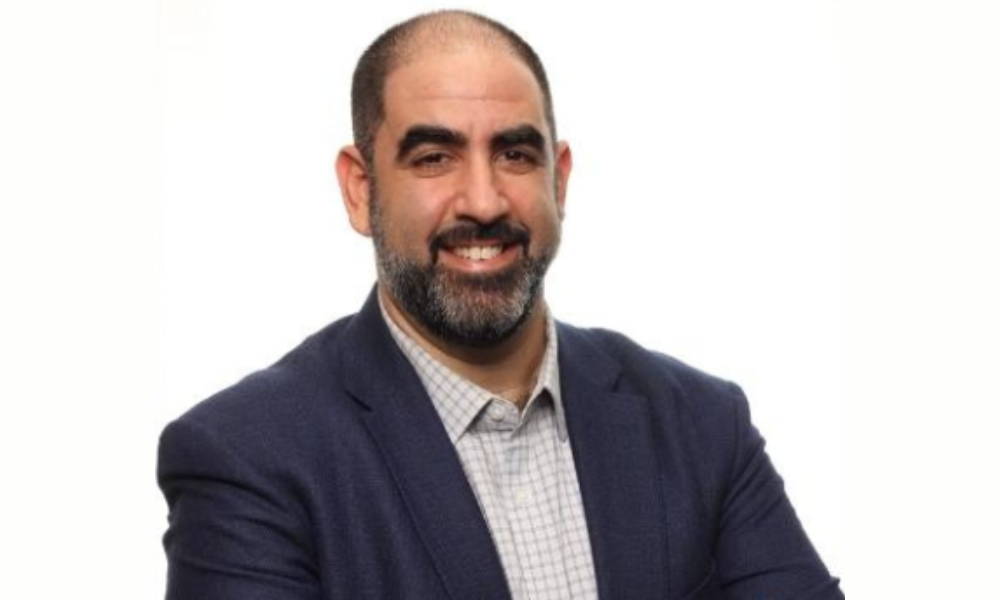Real estate development fund positions itself as a more accessible, visible alternative

Toronto-based Cranson Capital has opened its most recent real estate development fund, providing advisors with what it believes is a more visible alternative to real estate investment trusts (REITs).
“[Advisors] are in a lot of REITs, but none of them are focused on real estate development," Devon Cranson, Cranson Capital’s president and fund manager, told Wealth Professional. "There’s a huge need to build more housing in the GTA (Greater Toronto Area) and southern Ontario, in general, and development is very capital intensive. But, if you work with good developers, they know what they’re doing and can generate significant profits.”
Cranson is hoping that the fund will catch on with advisors because of what it offers.
“The returns are important, but people can also see what they’re investing in,” he said. “Investors want to drive by the location. They want to study who the developer is. They want to know the actual real estate when advisors are selling it. They’re less concerned with a specific project and more with the manager and their ability to execute and have diversification.”
Cranson has traditionally marketed directly to investors, providing mutual fund trust offerings for direct investments in real estate development projects. It has done more than 20 limited partnerships or mutual fund trusts and townhouses, high-rises, mid-rises, some rental, and a couple of seniors housing projects, primarily in Toronto. Once it raises the funds, it works with the developer to buy the land and build the condominium housing. Then it shares the profits.
This year, it has developed a new fund to raise $50 million to invest in up to six real estate projects, so is providing access to advisors who want to have an alternative investment that doesn’t correlate with the market, and offers the potential for higher returns.
Read More: Is it time to catch the real estate wave?
Cranson Capital, which began in 2006 and became an exempt market dealer in 2011, has partnered with established condo housing developers to glean high returns for its downtown Toronto projects. Its projects usually last five or six years with 18% to 19% annual returns. It had a 130% return on a Yorkville project, a 200% return on townhouse project during the pandemic, and a 400% return over eight years on an entertainment district project.
Cranson noted a couple of advisor firms want to sell the fund, which has a $10,000 minimum investment. It’s also eligible to be used for registered retirement savings plans and tax-free savings accounts. Unlike previous Cranson funds, it is available to both accredited and non-accredited investors. “So, any of the advisors can invest,” he said, “whether they’re a little company or a big company.”



